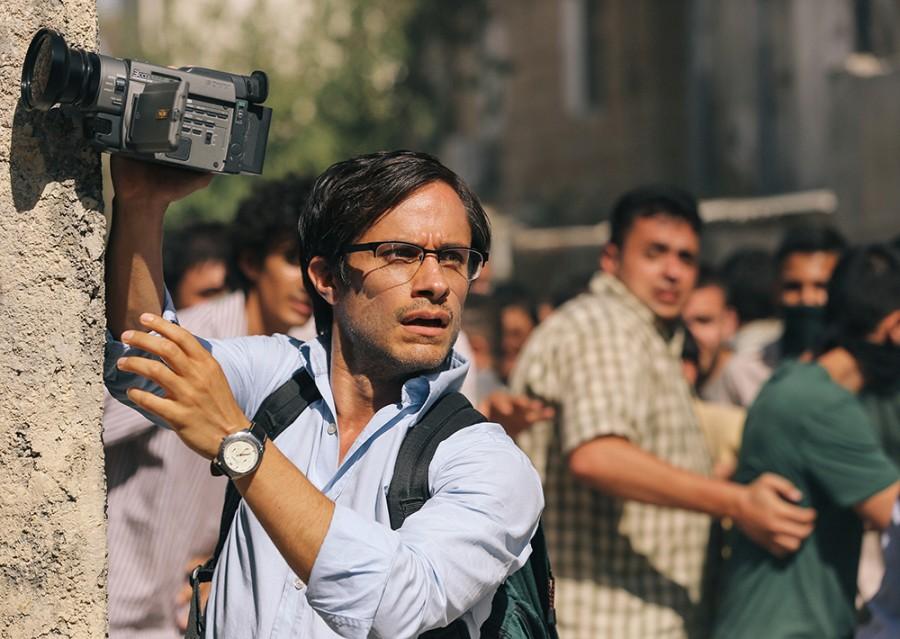In an age when media have the capacity to reach ever-expanding groups of people, filmmakers have a unique platform to communicate ideas more broadly and rapidly than before. Many use that platform to raise consciousness about the injustices rampant in societies around the world. The film “Rosewater” chronicles the imprisonment of BBC journalist Maziar Bahari as based on his own memoir, “Then They Came For Me.”
Bahari’s story, and by consequence the film, exemplifies the censorship prevalent in Iranian society, making a statement not only about the injustices Bahari faced, but the persecution that others endure for practicing freedom of expression and belief. Bahari, played by Gael García Bernal, is an Iranian Canadian journalist who returned to his home country of Iran for the purpose of media coverage during its presidential elections. The film highlights two moments of his time there, where Bahari both conducted a “satirical interview” and filmed a protest that erupted in response to President Ahmadinejad’s success in the election. Following these events, Bahari was unexpectedly taken from his mother’s home in Iran to Evin Prison where he stayed for 118 days, subject to a lengthy bout of interrogation and torture.
Written and directed by television host Jon Stewart, the film connects viewers to the tremendous fear and tumult Bahari himself experienced during his solitary imprisonment, while also placing emphasis on the paralleled unrest felt by many Iranians in response to the outcome of the presidential elections. The film not only sheds light on the desire for Iranians to establish change in the society in which they live, but also draws attention to the grave injustices that occur in an attempt to silence the voices of those who speak freely.
Bernal passionately conveys the mental and physical suffering endured by Bahari during his imprisonment as he awaited to be reunited with his pregnant spouse. Though the film addresses challenging themes, however, it is characterized by an underlying current of strength and perseverance. Stewart includes comical scenes involving Bahari throughout the film, drawing attention to the light we can bring into our lives in even the darkest of situations.
“Rosewater” is a story of injustice, conveyed not only through the recounting of events, but through the art of storytelling. Though Bahari is free from his imprisonment, there are many others still facing oppression throughout the world. By creating media that convey these realities, filmmakers are encouraging a discourse about human rights and potentially fueling individuals to take steps towards changing these conditions.


